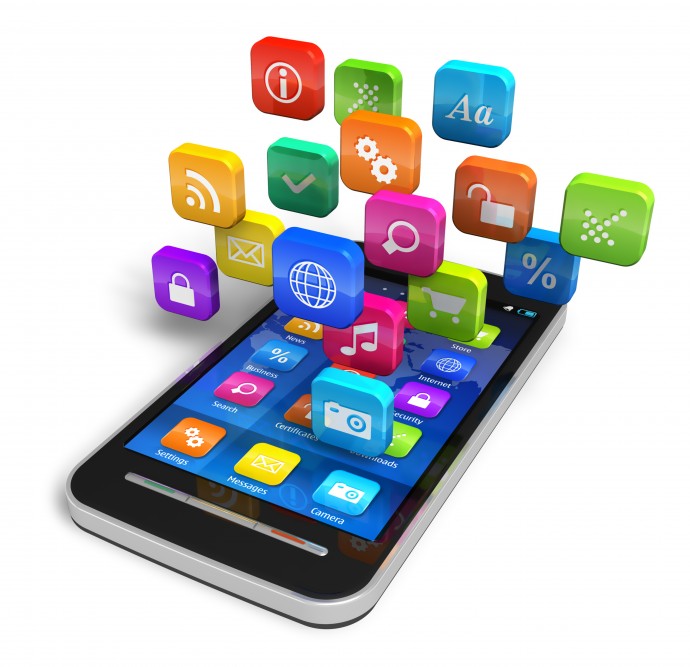When you get an Android or iOS mobile device, many will suddenly feel a sense of confusion, bordering on panic. Why? Because the use of the device is dependent on the applications, or apps, that you load into it. And this isn’t limited to first-time users. As you upgrade, there will always be the need to think of how much more you can make your device efficient, of how you can maximize your device’s capabilities.

The following are apps that you definitely need. We’ve refrained from naming particular brands, as the function is what matters:
Messaging Apps
At the end of the day, a mobile device is still designed to be a communication device of sorts, so the inclusion of messaging apps is a given. Some people may prefer unified messaging apps, which combine your various accounts into one package, but if you also work from your mobile device, it’s a good idea to have separate accounts and apps for personal and work use. That way, you have a mental and virtual division for messages that come in. One useful app type would be a VoIP service app, so you can widen your communication range (phone calls, file uploads, fax and even landline connections).
E-mail Apps
It’s the most basic Internet communication: e-mail. And that’s why you have to have an app for it. For some people, they prefer combining their e-mails from all their addresses into one app (and Android does have its native e-mail app). However, separation is again an issue, and for Google and Microsoft e-mail apps, there are other add-on functions that can make the mobile experience better if you get the dedicated apps. To lessen battery and Internet costs, always set the e-mail apps to read headers only at first. This is a particularly good idea if your office tends to send megabyte file attachments.
Calendar/Planning Apps
Even if you’ve never used a calendar or scheduling book or program in your life, it would be a boon to get a an organizing app. It can be as simple as putting in birthdays and important dates to remind yourself ahead of time, or it can be as complex as having a full month’s itinerary, including detailed notes, grocery lists, gift ideas and travel routes. If you use the alarm settings, you can be your own executive assistant, simply by sitting down for about thirty minutes each day.
Notebook Apps
Be it stylus or typed in, a notebook app is perfect for jotting down ideas, taking down important notes, scribbling down addresses and contact numbers, and, if necessary, even doing some actual formal writing. If you your notebook app can be integrated with your e-mail app, you can even “write down” messages and then send them immediately. The same goes for SMS messaging and calendar integration. While notebook apps are usually found integrated into other apps, a dedicated notebook app can be a useful jump-off point to many other functions in your mobile device.
Social Media Apps
But of course, these days, who can forget about social media apps? Social media is the new marquee where a person can communicate to their friends, from status messages to photographs, from shared links and content to personal video uploads. Again, some apps seek to combine social media networks together, but it’s always best to download the dedicated apps.
It’s important to remember, though, that if you have this much information about yourself on your mobile device, then you should also make sure that all possible security measures available for your mobile device are activated. Once you fulfill the function of a mobile device as a communicator, all other uses for it that matter to you will follow, or develop over time.

